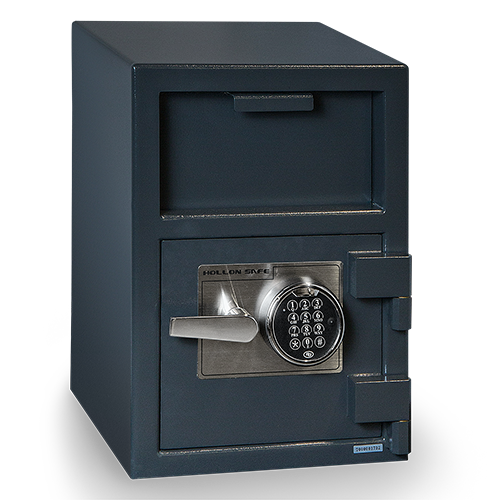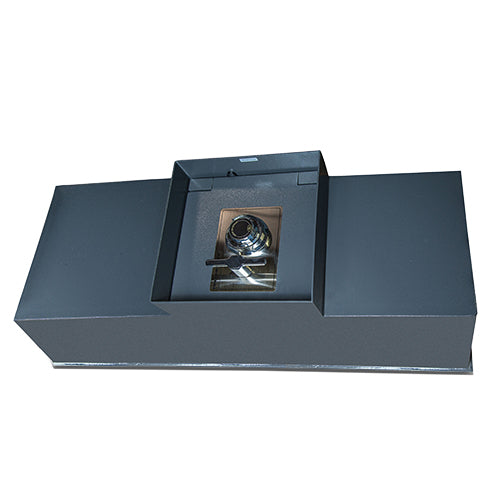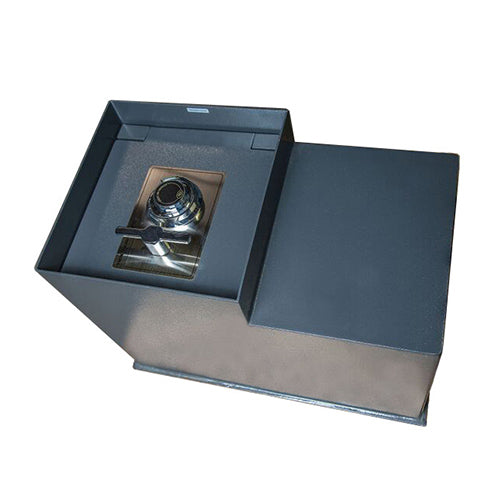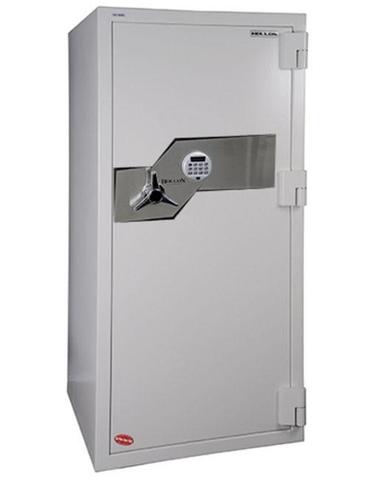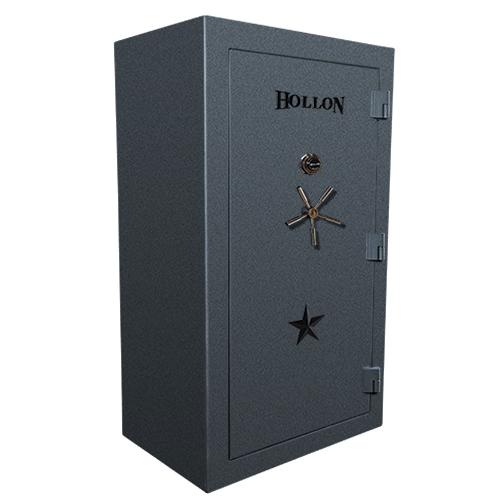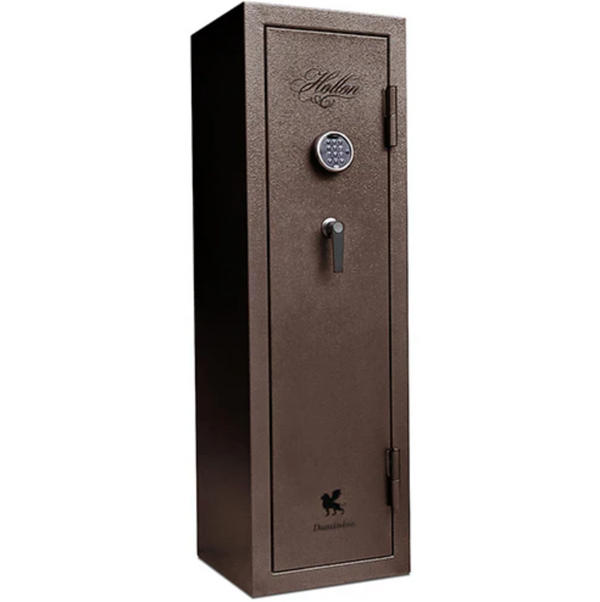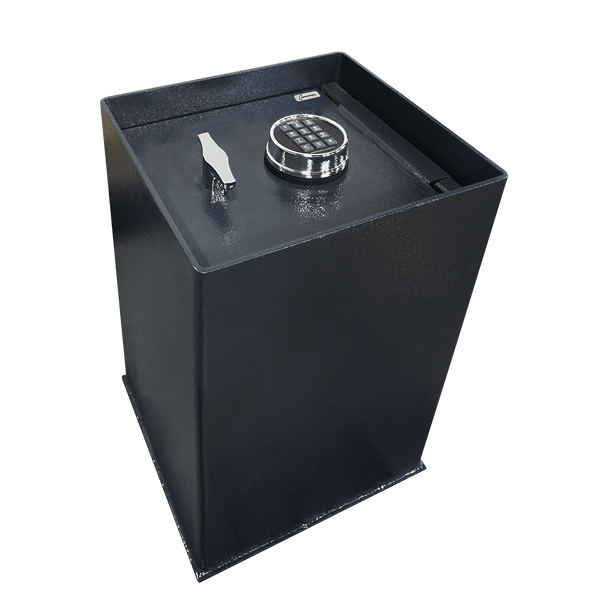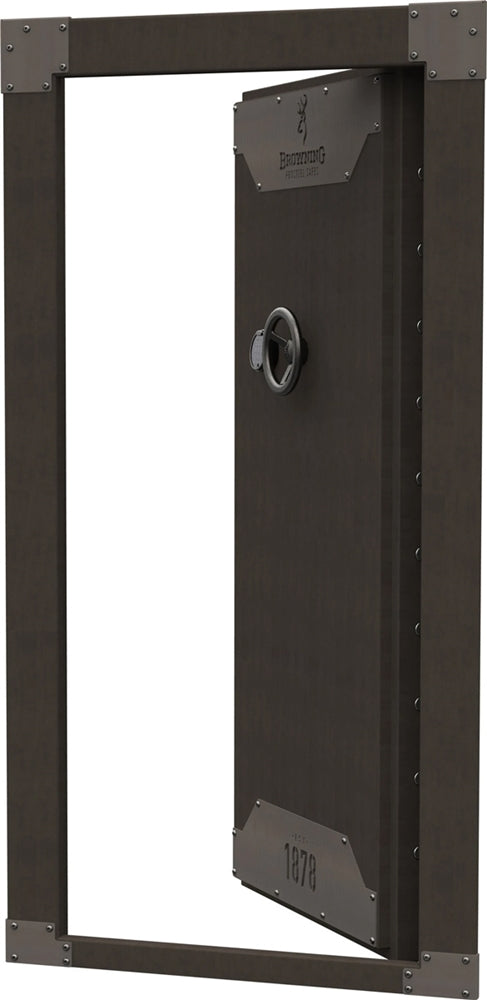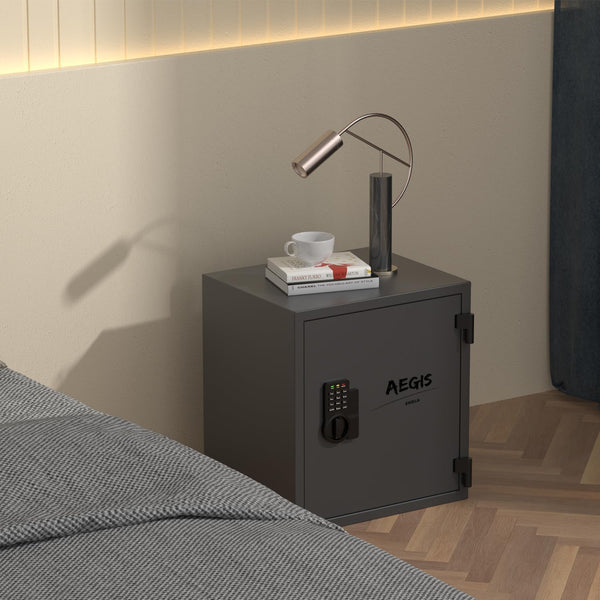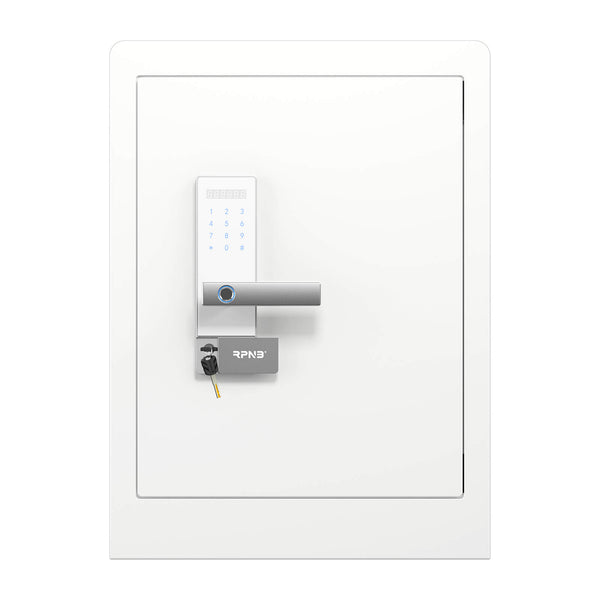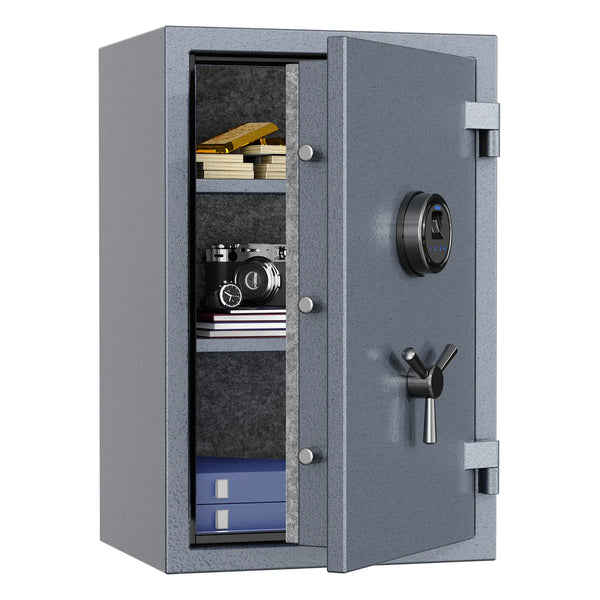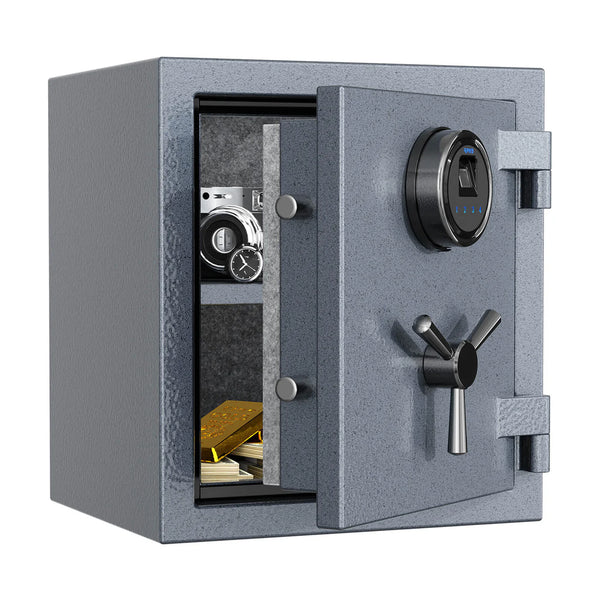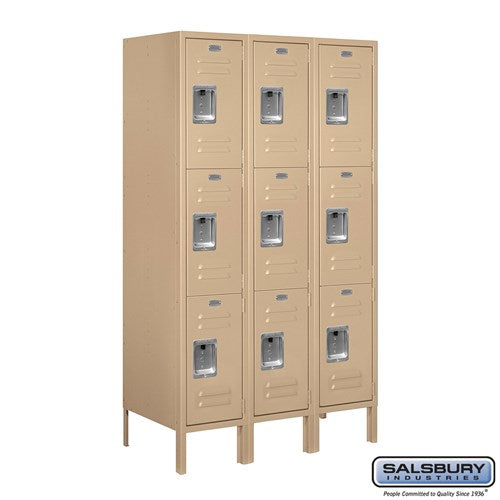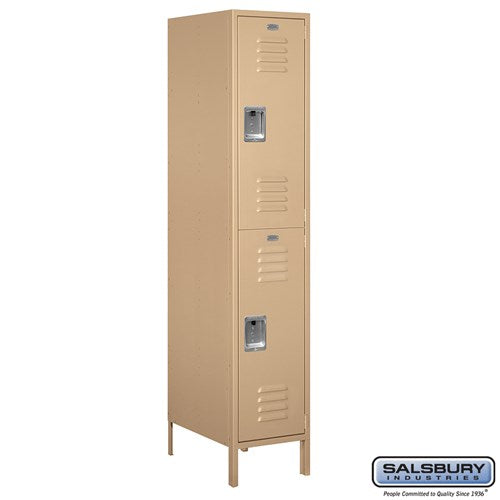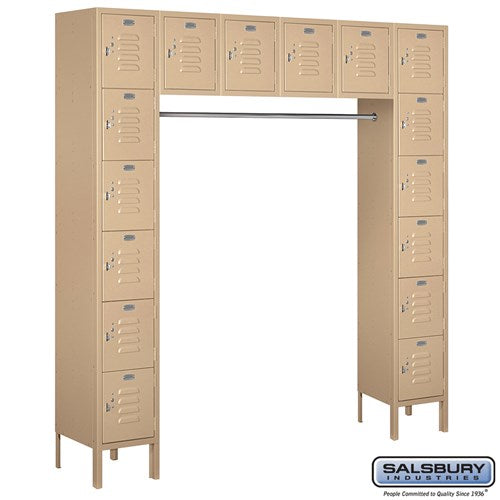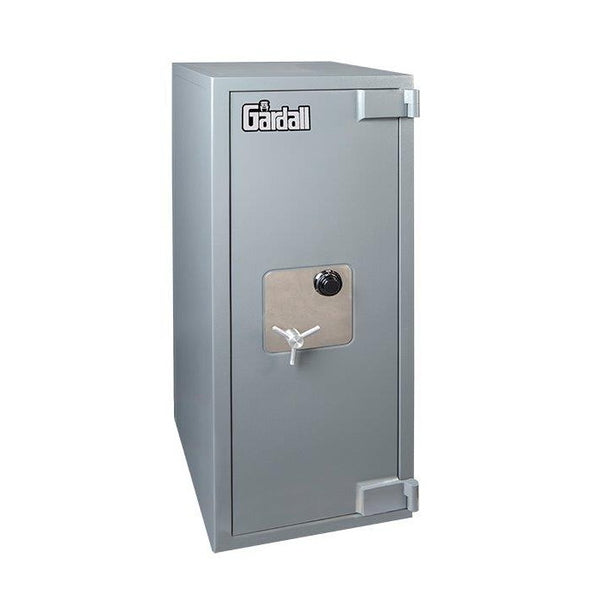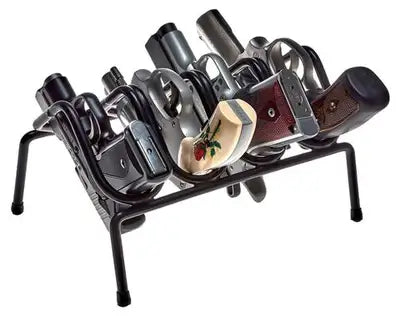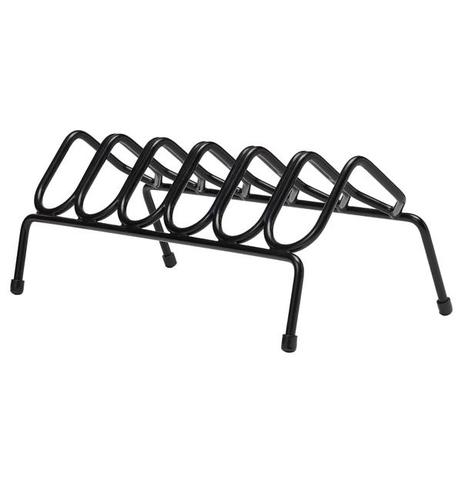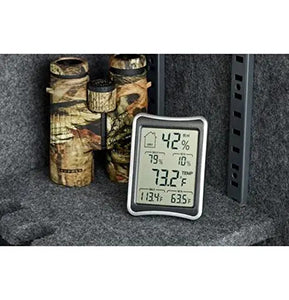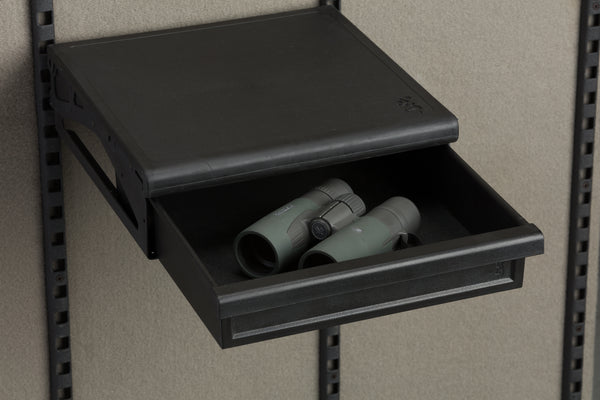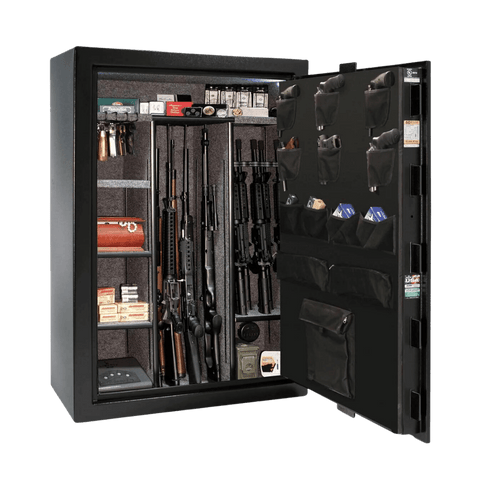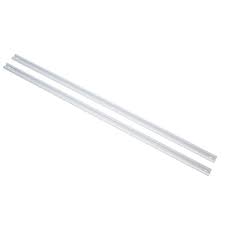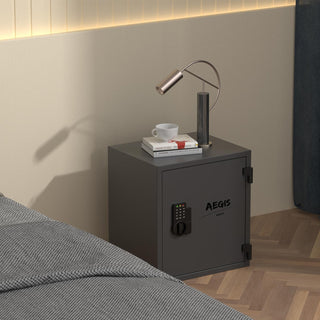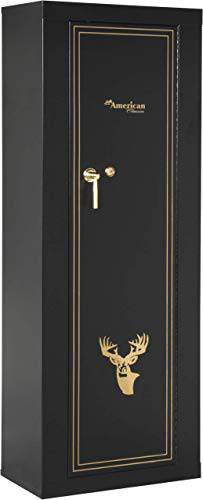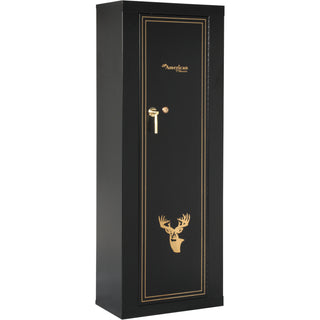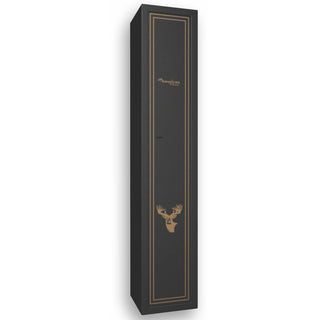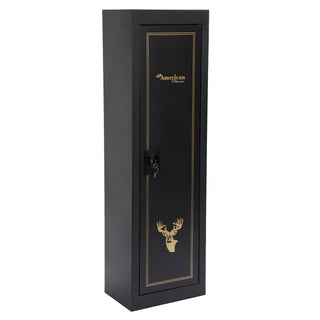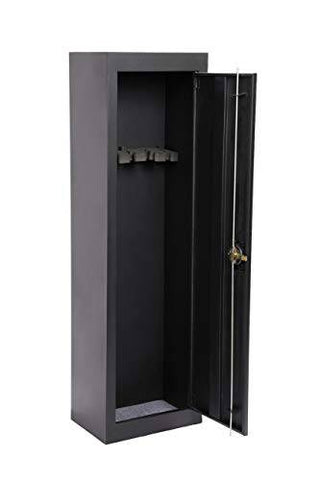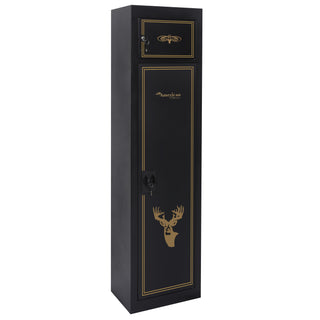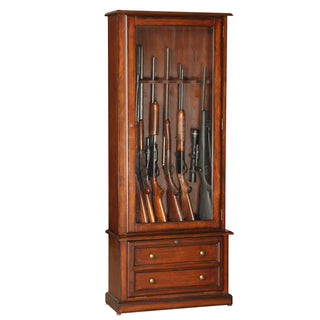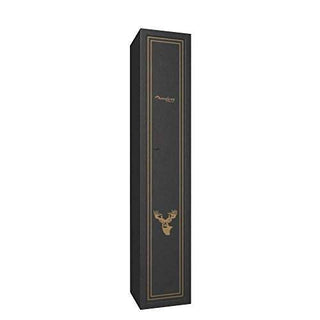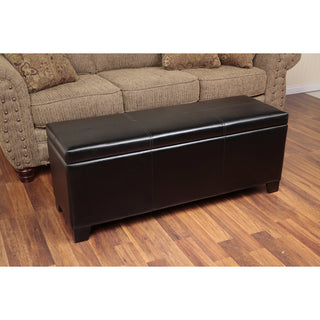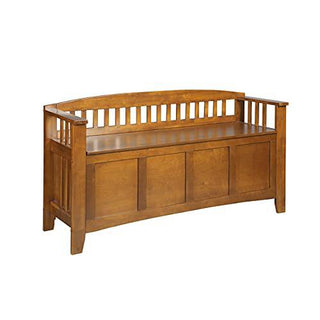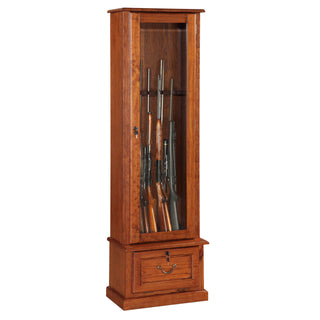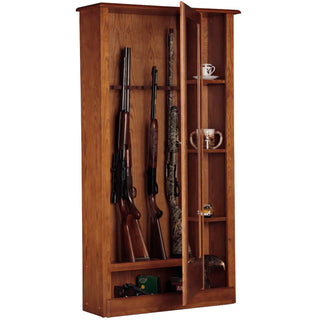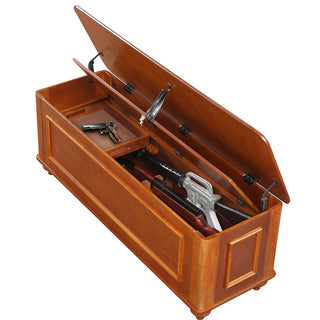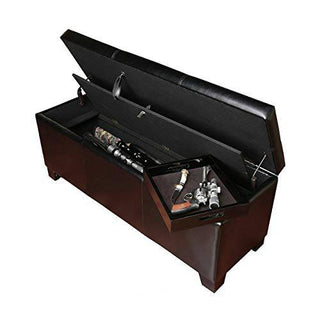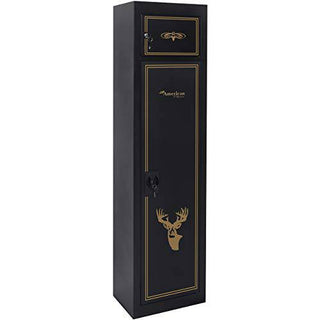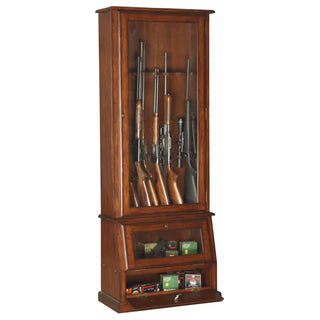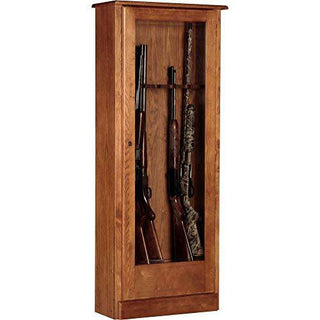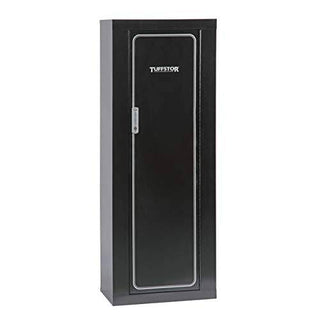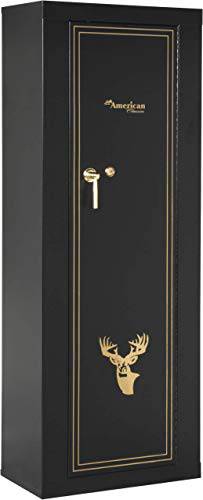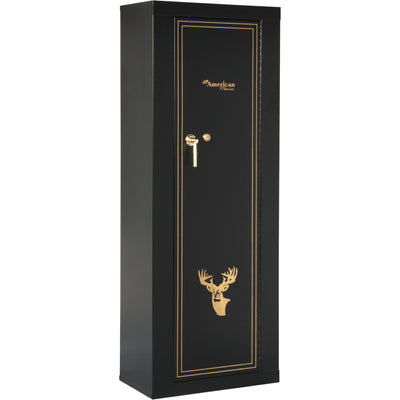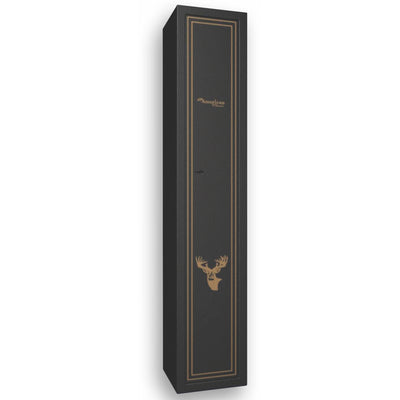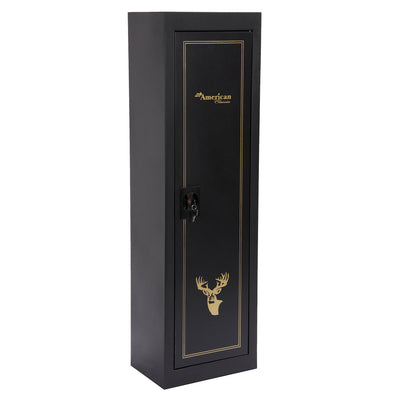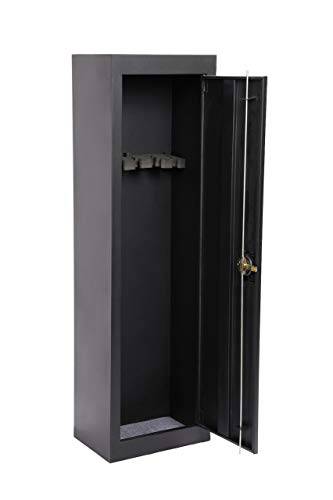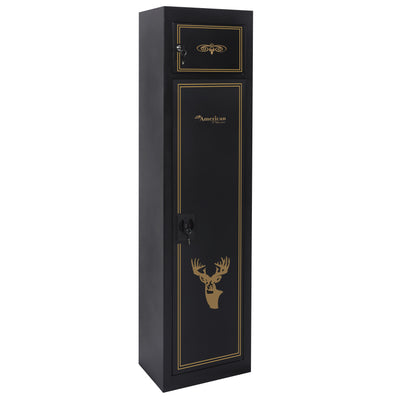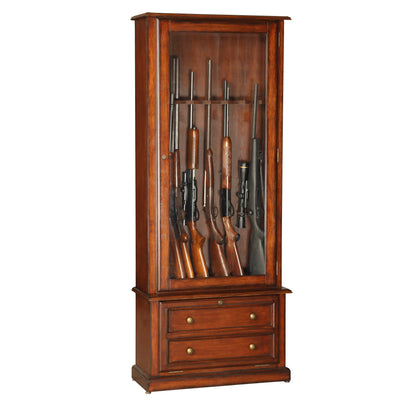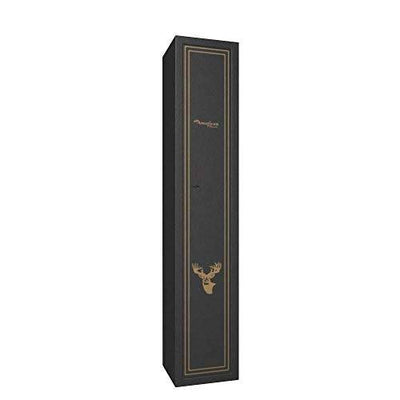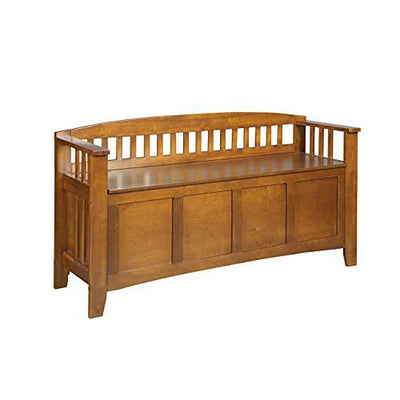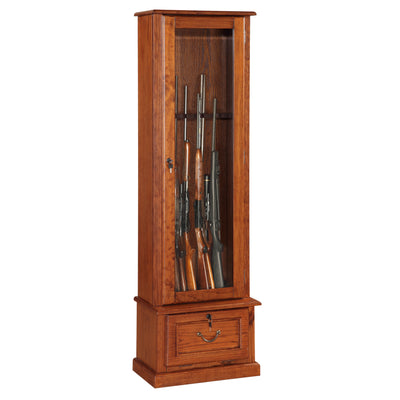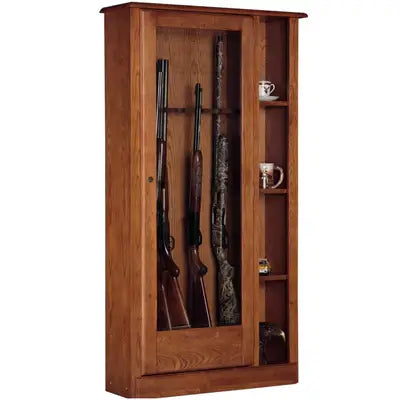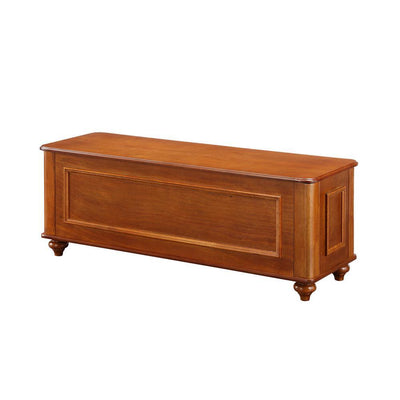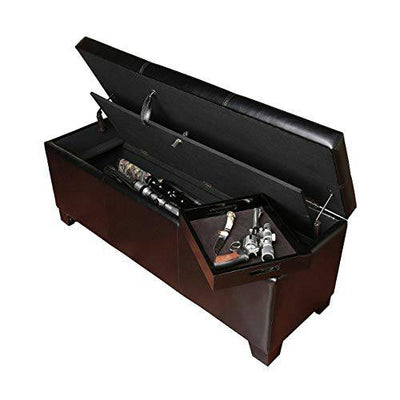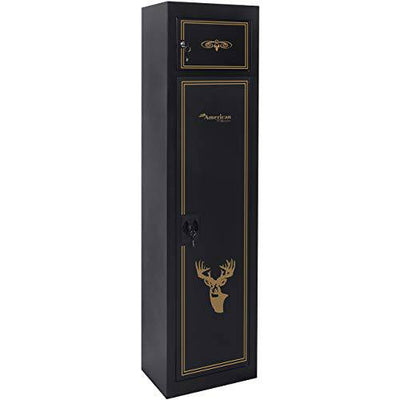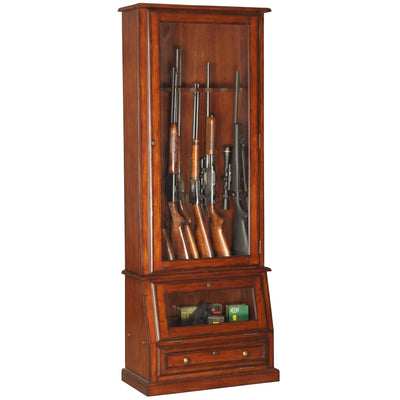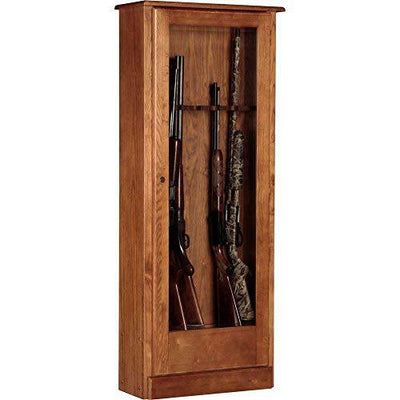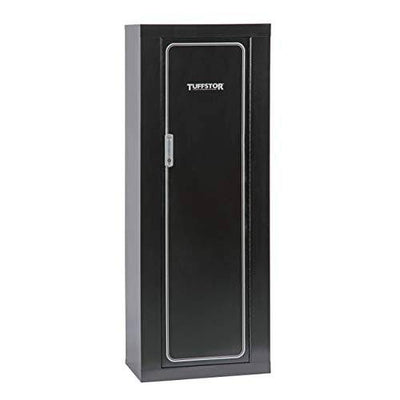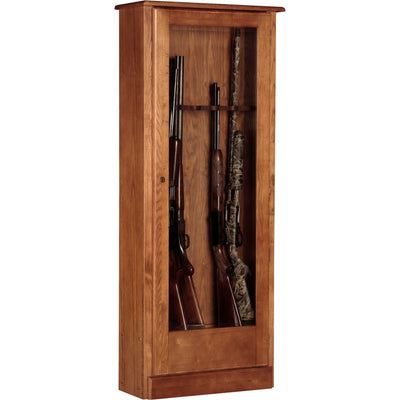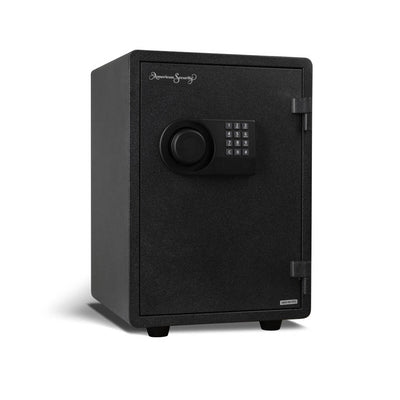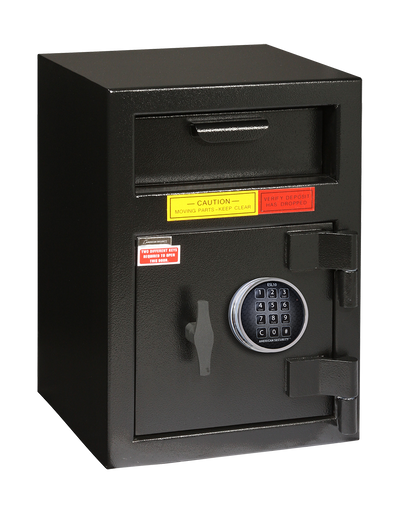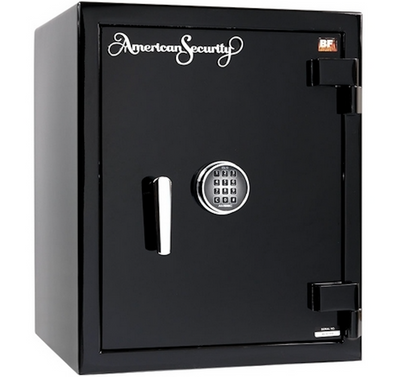
*This post contains affiliate links to products. We may receive a commission for purchases made through these links, but it never influences our product selection process.
Table of Contents
Introduction
Is having a gun safe legally mandated? This is a crucial question I found myself pondering as a firearm owner. With the ownership of firearms comes the significant responsibility of ensuring their secure storage to prevent accidents. While some US states have laws mandating gun safes, there isn’t a federal requirement to this effect. A 2005 regulation, however, mandates that handguns sold by dealers come with a secure safety device like a cable lock, indicating the importance of safe storage. The specifics of safe storage laws vary from state to state, painting a diverse picture of legal attitudes toward firearm safety across the country.
Regardless of the legal requirements, I see secure firearm storage as a matter of common sense. A negligently stored firearm is an accident waiting to happen, with the potential for theft, unintended accidents, or even gun violence. Advocating for gun safety is a straightforward step toward reducing gun violence and keeping our families safe. Investing in secure storage is a simple yet significant step every responsible gun owner should consider.
How To Select a Gun Safe
The type of gun safe you need depends on where it will be stored, how many people live in the home, what gun(s) you own, etc. If you have a gun that is worth several thousand dollars and want to keep it at your business or an apartment complex with shared space, then you may need a high-security gun safe for extra protection.
Which US States Have Gun Safe Storage Laws?

Massachusetts is the only state that generally requires gun safes, but there are other places where gun owners need to use firearm locking devices.
California, Connecticut, and New York City impose similar requirements in certain situations. Check local resources to confirm any laws that apply to your area.
California's Requirements on Legal Firearm Storage
California is one of many states with specific firearm laws. The California Penal Code's definition of a "gun safe" has led to some confusion about what it entails and whether or not California requires using them. According to California law, most guns must be stored and unloaded in locked containers that cannot easily be broken into or stolen from when they're being stored outside the home (e.g., cars).
This means that any locked container will do just fine as long as it meets these requirements for safe storage law. It doesn't have to specifically be a "gun safe."
California state law makes it a crime for gun owners to:
-
Store loaded guns accessible to adults prohibited from firearm possession
-
Store loaded guns where children could get to them
Safe Storage Laws in Texas
Texas law does not require a locking device to go with the sale of a firearm (although federal law applies). Texas law also does not require firearm owners to securely lock or store their weapons to prevent unauthorized access.
Safe Storage Laws in New York
Gun dealers in New York are required to transfer a locking device with each firearm and include a warning label.
New York law addresses improperly stored firearms and requires locking a gun in a safe storage depository. This is defined as a container that is incapable of being unlocked without a key or combination lock or use of a trigger lock when not carried or under the immediate possession or control of gun owners if the owner:
-
Lives with someone who is under sixteen years of age;
-
Knows or has reason to know that a person under sixteen years of age is likely to gain access to the gun.
-
Knows or has reason to know that a person the owner lives with is prohibited from possessing a gun because of an extreme risk protection order or other protective order, a felony conviction, a mental health adjudication or commitment, or a conviction for a serious misdemeanor.
Safe Storage Laws in Connecticut
Anyone selling a handgun must equip the handgun with a reusable trigger lock or gun locking device constructed of material sufficiently strong to prevent it from being easily disabled. The lock must also have a mechanism accessible by a key or electronic or mechanical accessory specific to the device to prevent unauthorized removal. Federal law also applies. Handgun sellers must also provide the purchaser with a written warning stating that unlawful storage of a firearm may result in imprisonment or a fine.
Connecticut does not generally require secure gun storage.
What Are the Penalties for Gun Owners for Breaking the Law?
Gun owners can also be charged with the more serious versions of California's gun storage law if they keep a loaded gun on their property and that person gets access to it. As with minors, it's a first-degree offense if the person kills or seriously hurts someone as a result and a second-degree offense if the person causes a less serious injury, carries the gun in public, displays it in a threatening way, or uses it in a fight. (Cal. Penal Code § 25100(a), (b) (2019).)
Third-degree criminal storage of a firearm is a misdemeanor, punishable by up to six months in jail, a fine of up to $1,000, or both. The punishment for the second-degree crime goes up to one year in jail and/or a fine of up to $1,000. The first-degree crime is a "wobbler," meaning it could be charged either as a misdemeanor, with the same punishment as the second-degree crime, or as a felony, with potential punishment ranging from 16 months to three years in jail and/or a fine of up to $10,000. (Cal. Penal Code §§ 19, 25110 (2019).)
FAQ Guide (What Readers Want to Know)
What kind of gun safety do I need?
This really depends on your situation: whether you're storing guns at home or outside the house, how many children live with you, etc. Gun locks can provide protection from unauthorized access by those who should not handle firearms. A gun-locking device creates an additional layer of security for weapons inside one's home and when they're being stored in vehicles or traveling.
Why do people buy gun safes?
Gun safes are typically used to safely store one gun at a time. They can be made of various materials and come in many shapes and sizes, but they all serve the same purpose: keeping firearms away from children or those who should not gain access to them (e.g., burglars).
Some gun owners purchase gun safes for home protection to avoid stolen firearms and for personal property protection while traveling via car or plane. Gun trigger locks provide an additional layer of security when you're transporting your guns between these two locations by using lockboxes that prevent unauthorized users from having to use complicated combinations
How much are gun safes?
The cost varies depending on size, what type of gun is safe, and the level of protection you need. Prices range from a simple, one handgun safe for under $200 to over $5,000 for a fireproof, burglary-proof, freestanding safe that will store a mix of handguns and long guns.
Conclusion
Ensuring safety is a paramount concern for us gun owners. Owning a firearm calls for stringent measures to prevent any unfortunate accidents. I hope this blog post has shed light on how we can improve our safety measures around firearms while dispelling some prevalent misconceptions and keeping state laws in mind.
It’s about embracing the responsibility of gun ownership and taking informed steps toward creating a safer environment for ourselves, our families, and the community. Through understanding and adhering to the legal requisites and going a step further with sensible practices like secure storage, we are not just adhering to the law but also contributing to a culture of safety and responsibility.
Check out our gun safe collection and take the first step toward responsible gun ownership today!









